These days there are dozens of buzzwords that constantly circulate in our everyday vernacular. From “all natural” to “certified organic,” some of these claims carry more weight than others.
When we say Soil3 is OMRI Listed®, it may sound like another buzzword, but we’re ready to give you a peak behind the compost curtain. In this post, we’ll delve into what OMRI Listing involves and why our compost earned this certification.
What does OMRI stand for?
OMRI stands for the Organic Materials Review Institute. When you think “organic” you likely think of food that’s in accordance with USDA’s Certified Organic labeling. But OMRI doesn’t certify food. They ensure that inputs (all substances or materials used in the production or handling of organic agricultural products; think animal feed, fertilizers, and plant protectants) used by farmers and processors are suitable for organic food and fiber production.
OMRI is a non-profit organization that has criteria and review methods for answering questions like these: Does this livestock feed mean the meat will be organic? Are these pesticides approved for use on organic corn? Is this fertilizer permitted for growing organic vegetables?
In our case, OMRI certifies that our compost can be used for growing USDA-certified organic produce (provided all other inputs are organic as well).
Still need some help understanding? The graphic below, created by OMRI, explains it in a simple and fun way.
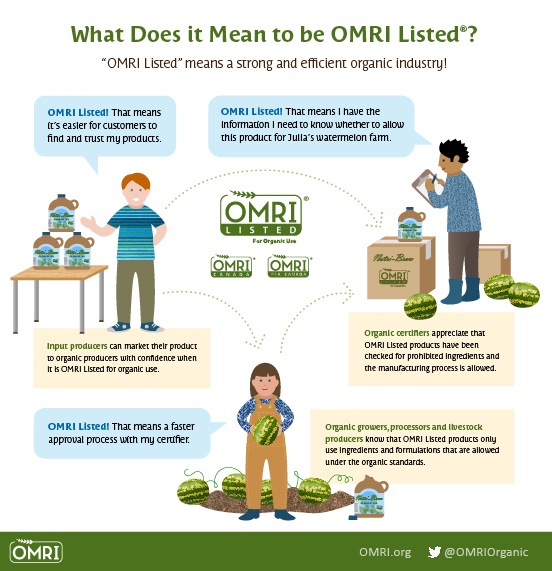
How did Soil3 earn an OMRI Listing?
Because OMRI lists our humus compost as a certified organic input, there’s quite a lengthy process behind earning this seal of approval. They want to make sure there are no ingredients that go into Soil3 that disqualify the compost for this prestigious standing.
Soil3 contains grass clippings and wheat stubble from our farms, along with manure from a local dairy. This mix is then inoculated with beneficial microbes during the composting process as the compost windrows are turned over the course of a few months on sandy ground. See the whole process here.
In order to qualify for initial OMRI Listing, Soil3 underwent a rigorous review for each compost ingredient, the production process, and the final product. Working closely with OMRI, we submitted paperwork, lab testing analyses, and more to gain OMRI Listed status.
After the initial Listing, there’s also a periodic renewal during which time OMRI reviews our application. We participate in an ongoing compliance review that involves samples and submission of new lab results to ensure that Soil3 is still keeping up with strict OMRI qualifications.
What does USDA Certified Organically Grown mean?
To be Certified Organic by the US Department of Agriculture, products must meet a set of requirements:
- They’re produced by approved methods and without methods such as genetic engineering, ionizing radiation, and sewage sludge.
- They’re produced with allowed substances. You can see the National List of allowed and prohibited subjects on the USDA site if you’re curious and ready for a deep dive into organics.
- The production is overseen by a USDA certifying agent and follows USDA organic regulations.
(Source: USDA)
Organic certifying agents inspect the farm/business to ensure their practices, inputs, and production sites are all compliant with USDA guidelines.
Because Soil3 is OMRI Listed, certifying agents and farmers know it’s an input approved for growing certified organic food and don’t need to do further research.
They can gain an automatic stamp of input approval by viewing our Soil3 OMRI certificate.
Why should OMRI Listing matter to me?
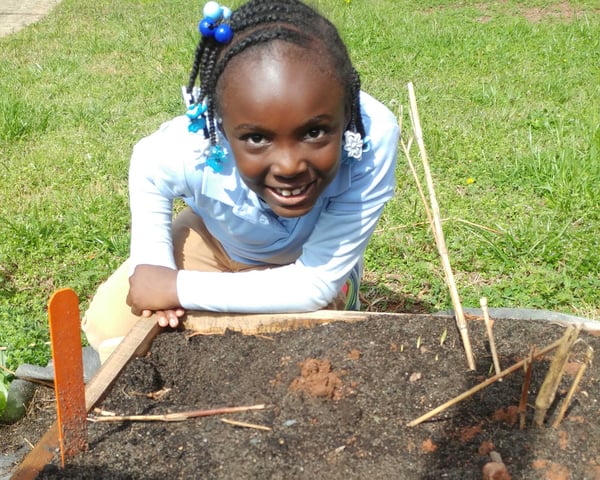
Even if you’re not going through the process of becoming an organic producer, we know you’re on the hunt for a product that’s safe for your food, family, pets, and the environment.
If it’s not food or fiber, it can’t gain that coveted USDA Certified Organic seal. However, the OMRI Listing is the next best thing. When you see the OMRI label, it assures you that a product is safe based on nationwide high standards for the ingredients, formula, and process.
Whether you’re placing it on your lawn or planting in your garden, OMRI listing gives you peace of mind about your Soil3 compost so you can worry about the more important things.

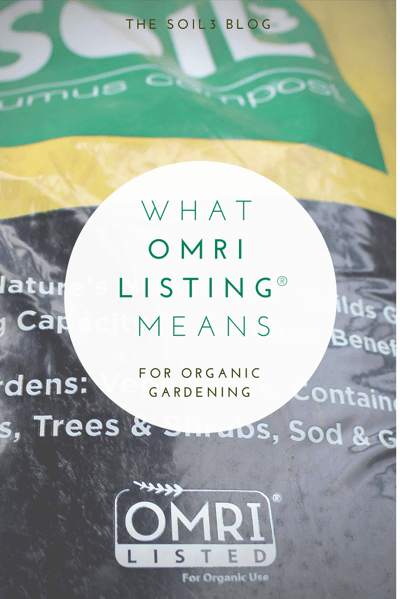
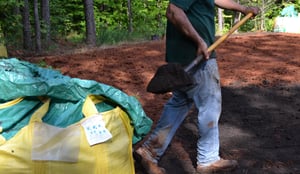
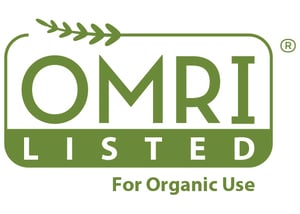

Did this help you out? Have any questions for clarity? Leave a comment below!